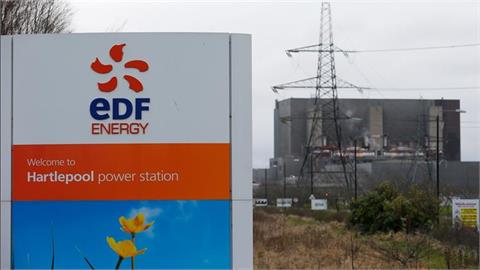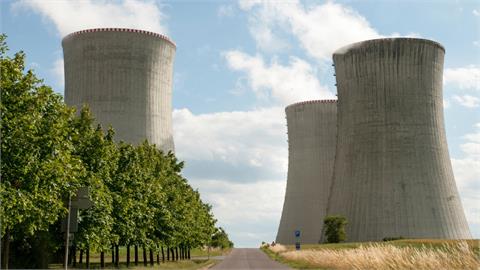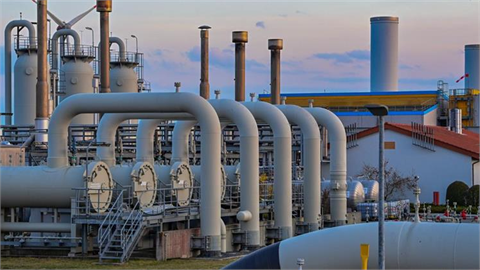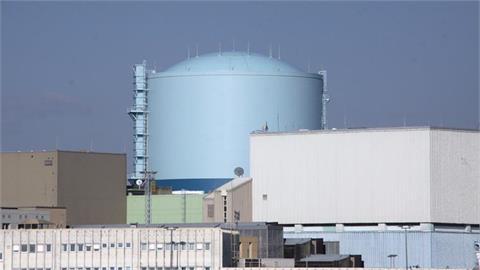Turkey imported 2.06 billion cubic meters of LNG in March, which accounted for 52.5% of total gas imports, according to data of the Energy Market Regulatory Authority (EMRA).
The increase in LNG imports can be partially attributed to the country’s expansion of its LNG infrastructure capacity in recent years. The country's LNG facilities can cope with up to 120 million cubic meters of natural gas per day with LNG terminals and floating storage and regasification units (FRSU).
As spot LNG prices continue to fall and with the glut of supply, Turkey want to benefit from lower international prices and has increased LNG imports while keeping pipeline gas imports to the minimum.
The country imported 3.9 billion cubic meters of natural gas in March, marking a decrease of 8.2% compared to March last year, the data showed.
Turkey’s Petroleum Pipeline Company (BOTAS) made the majority of the imports, at 95.3%, while the private sector imported the remaining share.
LNG constituted more than half of the country’s total gas imports in March. Turkey imported 786 million cubic meters of spot LNG from Qatar and 370 million cubic meters of spot LNG from the US, EMRA's data showed.
LNG imports from the US increased by 300% in March compared to the same month last year. The remaining share of LNG imports came from Algeria, Nigeria, Cameroon and Egypt.
Pipeline gas imports in March totaled 1.87 billion cubic meters. Azerbaijan took the lion’s share with 924 million cubic meters while Iran and Russia followed with 557 and 389 million cubic meters, respectively.
Imports from Russia, a country, which historically supplied a huge share of Turkey's natural gas supplies, were down by 72% in March compared to March 2019. Imports from Iran also fell by 33%.
Turkey's Deputy Energy and Natural Resources Minister Alparslan Bayraktar said in an earlier speech that LNG imports accounted for 28% of Turkey's total natural gas imports in 2019 and said he expects this share will increase to over 35% this year.
(Anadolu Agency, May 28, 2020)



